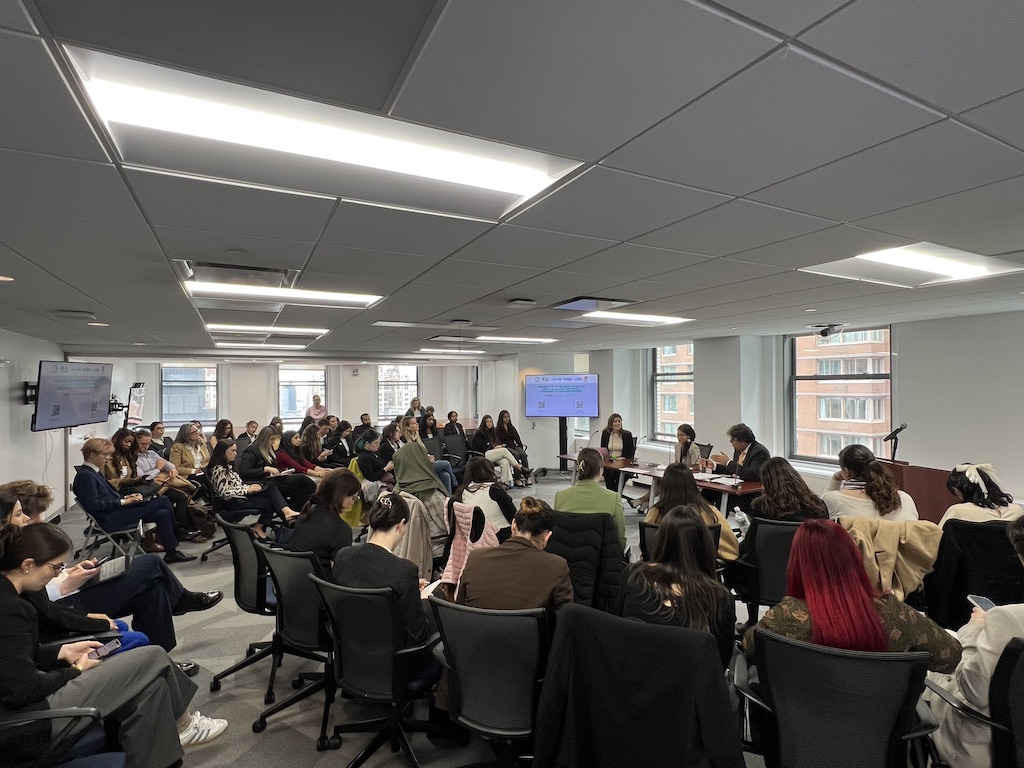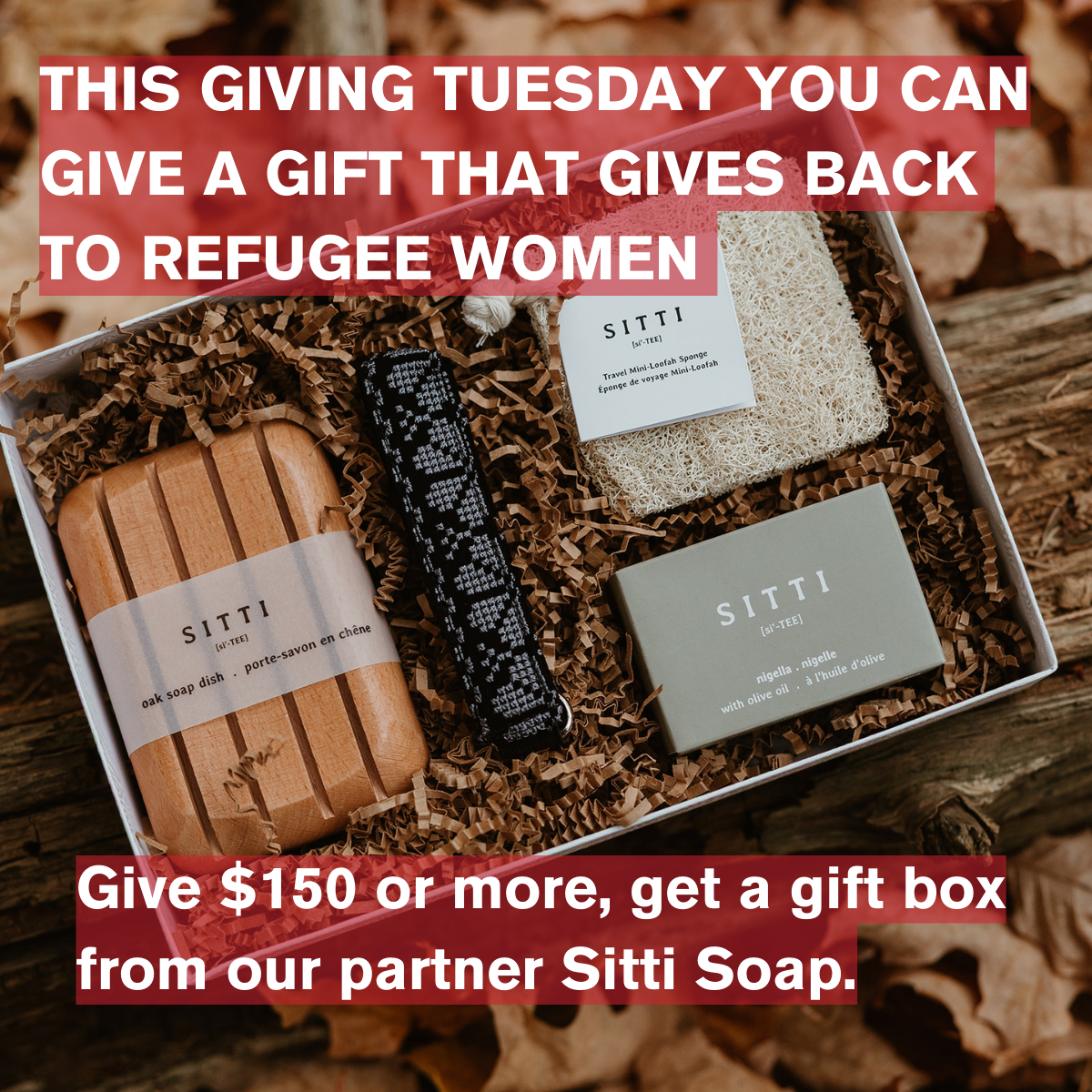In mid-April, we joined youth from around the world to launch a global call to end gender discrimination in nationality laws. As longtime partners in the Global Campaign for Equal Nationality Rights (GCENR), housed at the Women’s Refugee Commission, we have seen the devastating impact of these laws on youth. As a formerly stateless youth denied my mother’s Nepali nationality, I, Neha, experienced this harm as a daily aspect of my life.
Laws in over 40 countries deny women the same right as men to pass citizenship to a noncitizen spouse. In 24 countries, women cannot pass their citizenship to their own children on an equal basis with men. This discrimination results in countless affected youth lacking equal access to education, healthcare, employment, inheritance, family unity, and freedom of movement. Many, unable to access their father’s nationality, are rendered stateless—with no country considering them a citizen. The compounding impact of gender-discriminatory nationality laws not only contributes to significant psychological distress, but also shakes youths’ confidence and sense of purpose, stunting their ability to reach their full potential.
The realities created by these discriminatory laws are in stark contrast to global goals to achieve inclusive, sustainable development and the vision of gender-equal societies. Yet, we know that this man-made problem can be relegated to the history books. It is a solvable problem.
For these reasons, GCENR’s youth network joined forces to elevate awareness and appeal to others to add their voices to the call for reform.
Youth are playing a vital role in campaigns for equal nationality rights, exponentially increasing the impact of reform efforts from the ground up. They are making campaigns more dynamic, impactful, and sustainable. We have supported and seen the impact of youth activism across the GCENR coalition through training-of-trainers, national workshops, and youth-led advocacy activities. Last year, our first Global Youth Summit enhanced the capacity of youth activists from 15 countries. In the months since the summit, these young people worked together to develop our Global Youth Statement signature campaign.
We launched the signature campaign during an event at the recent United Nations Youth Forum in New York, inviting supporters of all ages to add their name to our call for reform. In a room packed with youth from around the globe—joined by many online—we heard from youth who understood why ending gender discrimination in nationality laws is so central to the future they want to build. Our colleague in Lebanon, impacted activist Rabih Samra, gave a powerful testimony about the struggles youth face simply because their mothers are denied the same rights as male citizens to pass their nationality. Strong allies, including the New York Director of the UN Refugee Agency and UN Women’s Director of Programs, reaffirmed their commitment to work with us to encourage reforms in impacted countries.
At a deeply troubling time in the world, what we felt in that room—as clichéd as it might sound—was hope. We are heartened by youth coming together and using their voices to shift minds in favor of women’s equal nationality rights. Youth are not waiting for change but are making it happen.
The momentum they are building is crucial, and it needs everyone’s support. We know that youth working in partnership with impacted people, feminist organizations, and allies from governments and UN agencies have the power to create a groundswell of support for women’s equal nationality rights.
Still, our community of youth and those fighting for gender-equal nationality rights need support. One small action you can do today is sign the statement and encourage others in your network to do the same.
Let’s stand together in solidarity with them.



